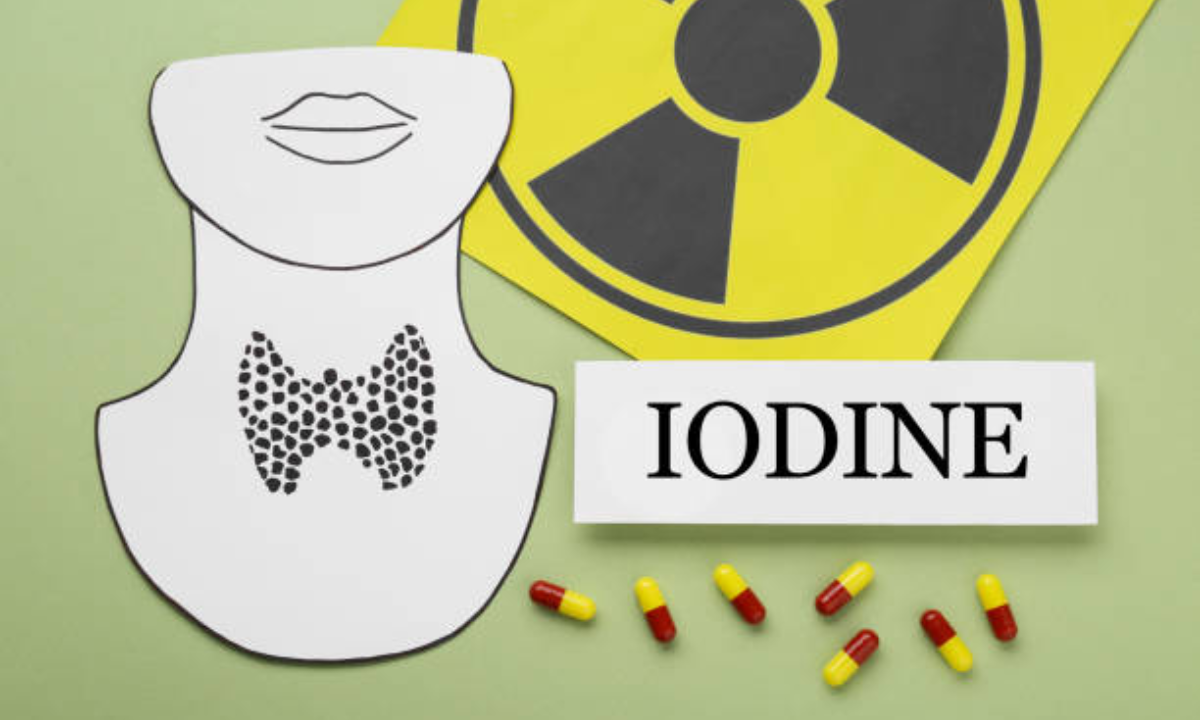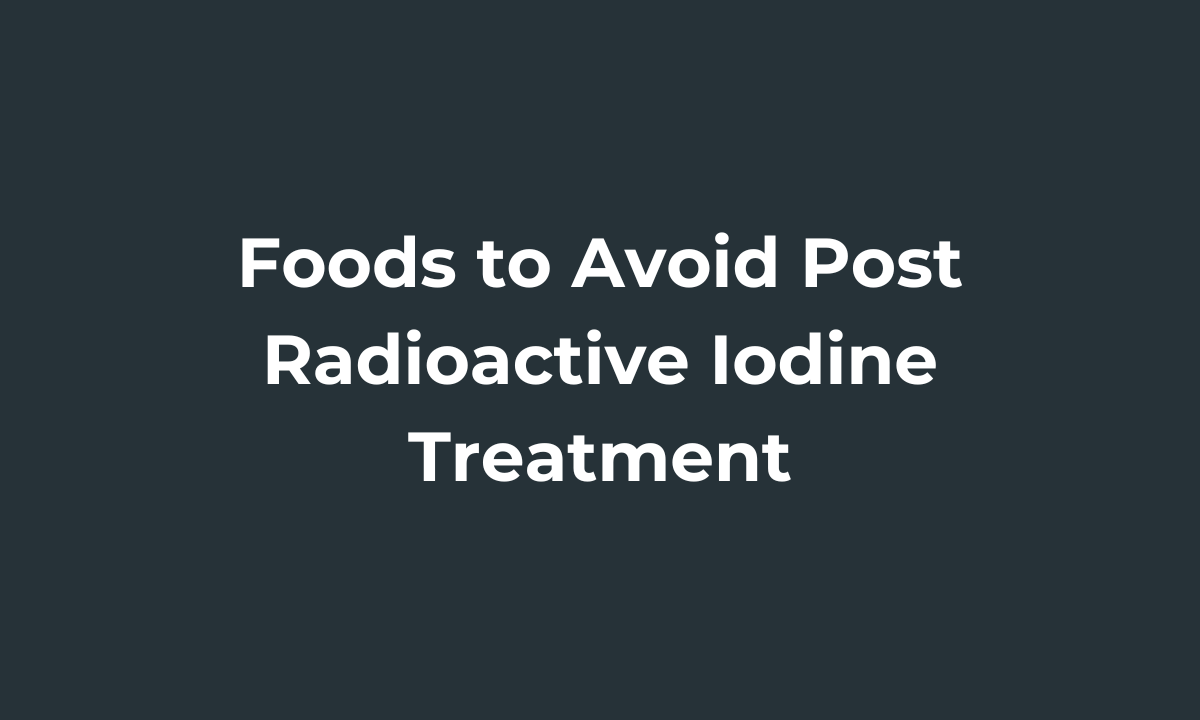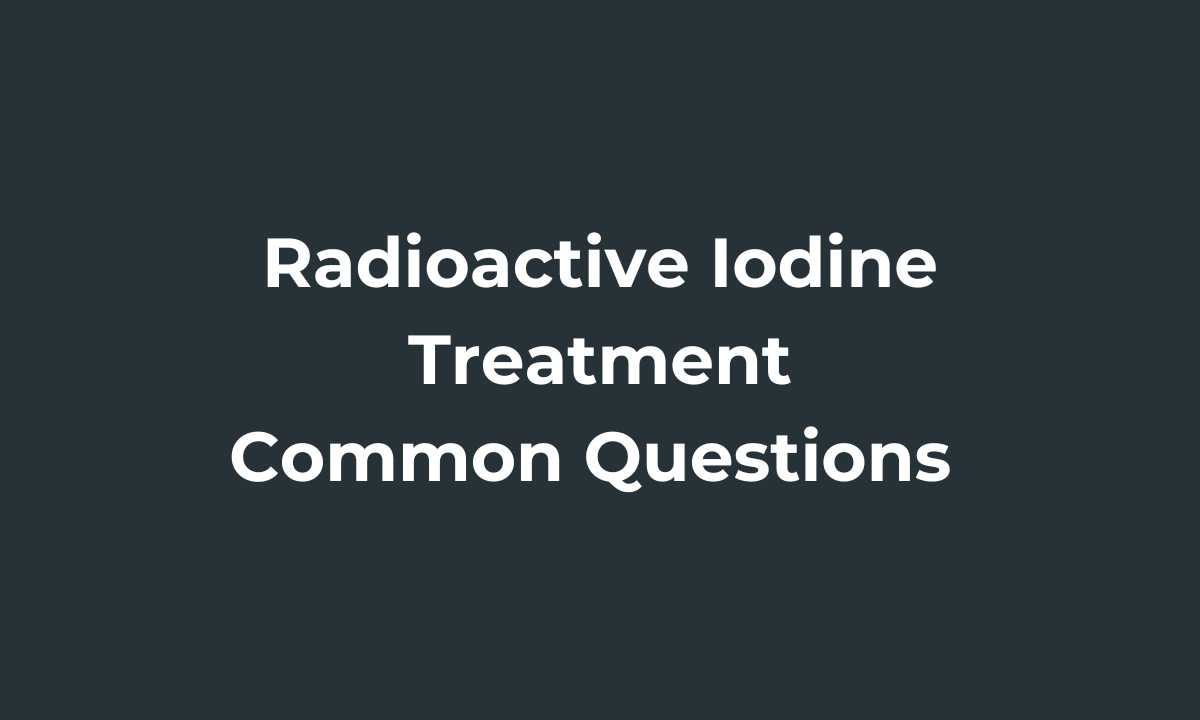Post-radioactive iodine treatment also called I-131 therapy, requires mindful dietary adjustments to help the body recover effectively. This treatment is commonly used for thyroid cancer and certain thyroid conditions, as it targets thyroid cells and minimizes cancer recurrence risks. However, the therapy also leaves the body sensitive to certain foods, especially those that contain iodine. Following a low-iodine diet can reduce potential side effects and ensure the treatment’s effectiveness, promoting a safe and smooth healing process.
To optimize recovery after radioactive iodine treatment, patients should avoid foods that could interfere with iodine absorption or stress the thyroid and digestive systems. By steering clear of high-iodine foods, processed items, and some dairy products, you can minimize discomfort and help your body process the radioactive iodine more effectively. Here’s a detailed guide on which foods to avoid and helpful dietary tips to support your journey to wellness.
Understanding Radioactive Iodine Treatment (RAI)

Radioactive iodine treatment, or RAI, is a targeted therapy primarily for thyroid conditions, where a small dose of radioactive iodine is ingested. This iodine selectively destroys the remaining thyroid tissue, making it effective for certain thyroid cancers and hyperthyroidism. While effective, RAI increases the body’s sensitivity to iodine, requiring post-treatment dietary changes to aid recovery.
How Diet Affects Post-RAI Recovery
Dietary choices after RAI can influence the body’s healing process. As RAI treatment directly impacts thyroid tissue, managing iodine intake is crucial to avoid overwhelming the thyroid. By controlling iodine levels, you can help the body process the radioactive iodine safely, reducing unwanted side effects and promoting optimal health.
Foods High in Iodine to Avoid
To support healing, avoid foods with high iodine content. This includes:
- Seafood and Seaweed: Rich in iodine, seafood, kelp, and other seaweed products are best avoided.
- Iodized Salt: Regular table salt often contains added iodine. Choose non-iodized salt for seasoning.
- Soy Products: Soybeans and products like tofu, soy sauce, and soy milk are typically high in iodine.
Processed and Packaged Foods
Processed foods often contain added iodine, either through iodized salt or food additives. It’s best to minimize:
- Packaged Snacks: Chips, crackers, and other snack foods often contain iodized salt.
- Ready-Made Meals: Canned soups, frozen dinners, and instant noodles can contain hidden iodine. Opt for fresh, whole foods instead.
High Fat and Greasy Foods
Post-RAI, your body may be more sensitive to high-fat foods, which can strain digestion.
Avoid:
- Fast Food: Fried foods and heavily processed meats can slow recovery.
- High-Fat Dairy: Full-fat cheeses, ice cream, and cream-based sauces should be limited. Choose low-fat options if needed.
Dairy Products and Iodine Levels
Dairy products are natural sources of iodine due to animal feed. Consider reducing Milk, Yogurt, and Cheese and opt for dairy-free alternatives when possible to reduce iodine intake.
Certain Vegetables and Their Effects
Certain vegetables like broccoli, cauliflower, and cabbage contain goitrogens, which may interfere with thyroid function. While not required to eliminate them, moderate your intake by eating in smaller portions. Include these vegetables in balanced portions to retain nutrients without excessive thyroid impact.
Foods to Avoid for Gastrointestinal Health
RAI can lead to temporary digestive discomfort, so avoid foods that might aggravate your stomach:
- Spicy and Acidic Foods: Items like hot peppers, tomatoes, and vinegar can irritate digestion.
- High-Fiber Raw Veggies: Instead, opt for cooked vegetables, which are gentler on the digestive system.
Sugar and Artificial Sweeteners
Excessive sugar can trigger inflammation, which may complicate recovery.
Reduce:
- Sugary Snacks: Pastries, candies, and sodas are best avoided.
- Artificial Sweeteners: If possible, choose natural sweeteners like honey or stevia, which are less likely to cause inflammation.
High-Sodium Foods
- High-sodium foods can lead to iodine intake indirectly, so minimizing salt and processed food helps.
- Opt for fresh Herbs and Spices – Use fresh herbs, garlic, and other spices for flavor without adding extra salt.
Alcohol and Caffeine
Both alcohol and caffeine can dehydrate the body, which may hinder recovery.
Consider:
- Limiting Coffee and Tea: Opt for herbal teas instead.
- Avoiding Alcohol: Until your doctor approves, it’s best to avoid alcohol, as it can disrupt hydration and slow down recovery.
Anti-Inflammatory Foods to Include
To support healing, include anti-inflammatory, nutrient-rich foods such as:
- Leafy Greens: Spinach, kale, and Swiss chard provide essential vitamins and antioxidants.
- Berries and Citrus Fruits: Blueberries, strawberries, and oranges contain antioxidants to combat inflammation.
- Nuts and Seeds: Almonds, walnuts, and chia seeds provide healthy fats and nutrients.
Hydration and Its Role in Recovery
Hydration is crucial for flushing out radioactive iodine from your body.
Aim to:
- Drink Ample Water: Drink at least 8-10 glasses of water daily to stay hydrated.
- Include Hydrating Foods: Foods like cucumbers, watermelon, and oranges add hydration naturally.
Timing and Portion Control
Proper meal timing and portion control can ease digestion.
Try:
- Smaller, Frequent Meals: Eating smaller meals more frequently is gentler on the stomach and helps maintain energy.
- Timing for Nutrient Absorption: Avoid large meals close to bedtime to reduce digestive strain.
Sample Low-Iodine Diet Plan
Here’s a sample diet plan to guide you:
- Breakfast: Oatmeal with berries, unsweetened almond milk, and a small handful of nuts.
- Lunch: Grilled chicken with a side of steamed vegetables (carrots, green beans) and brown rice.
- Snack: Apple slices with a tablespoon of almond butter.
- Dinner: Baked sweet potato with a fresh salad (lettuce, cucumber, carrots) and a light vinaigrette dressing.
- Beverage: Herbal teas and water throughout the day.
Conclusion
Managing your diet post-radioactive iodine treatment is essential for a successful recovery. By avoiding iodine-rich, processed, and certain high-fat foods, you can minimize discomfort and support the healing process. Focus on a balanced diet with fresh, low-iodine foods and anti-inflammatory options to help your body recover optimally. Remember, any dietary changes should be discussed with your healthcare provider to ensure they align with your specific health needs and treatment plan.
Kiranpet Nuclear Medicine & PET/CT Centre offers comprehensive medical imaging and diagnostic services, providing accurate and timely results to support patient care. Contact us today.



